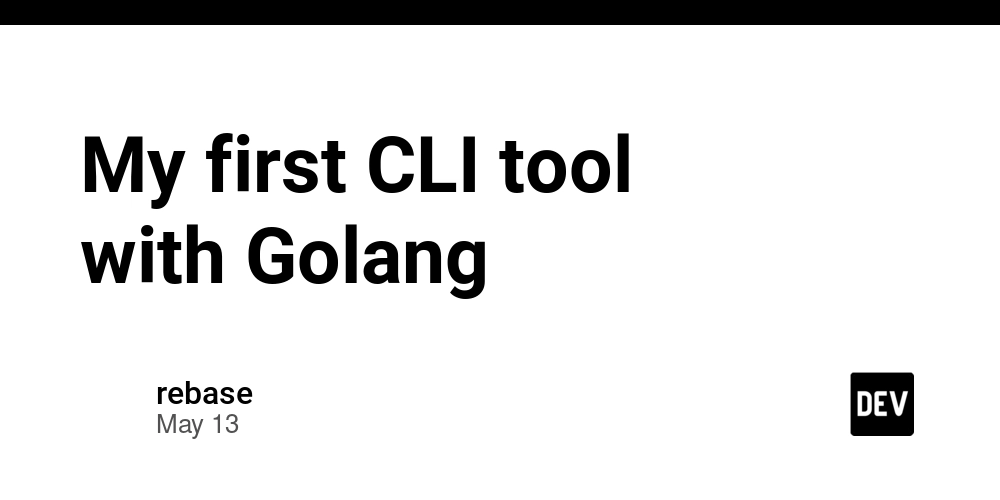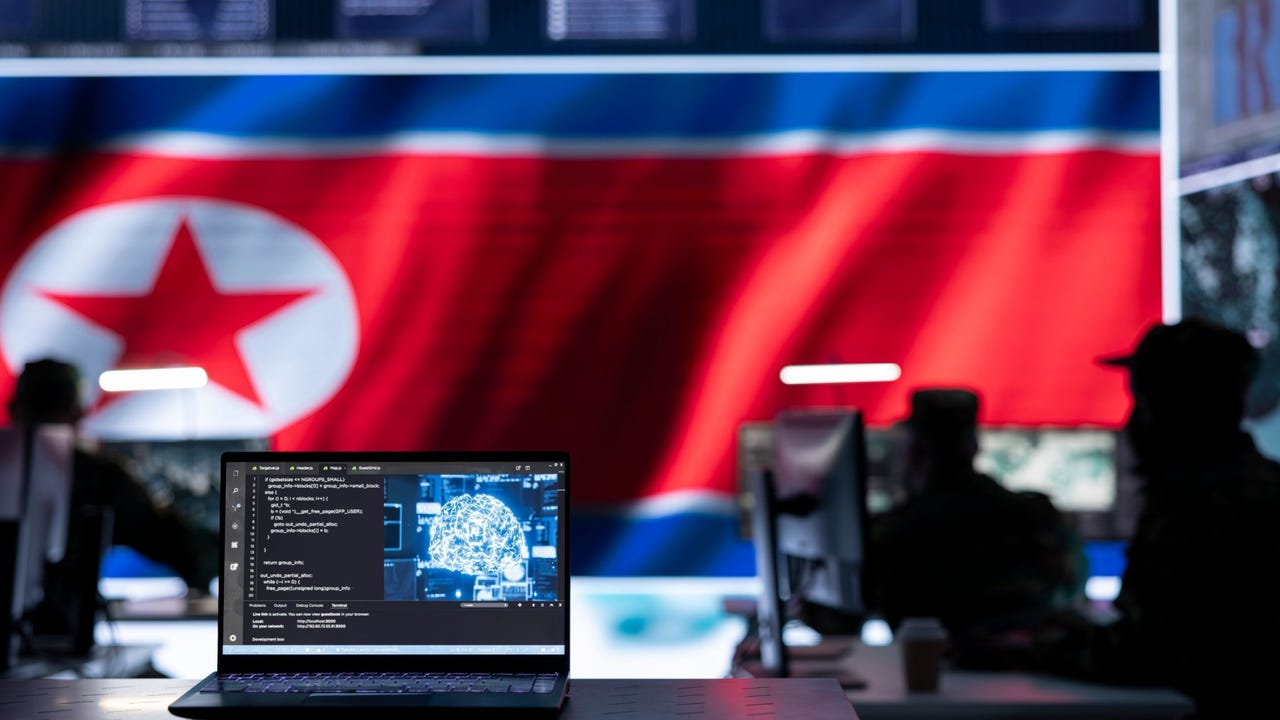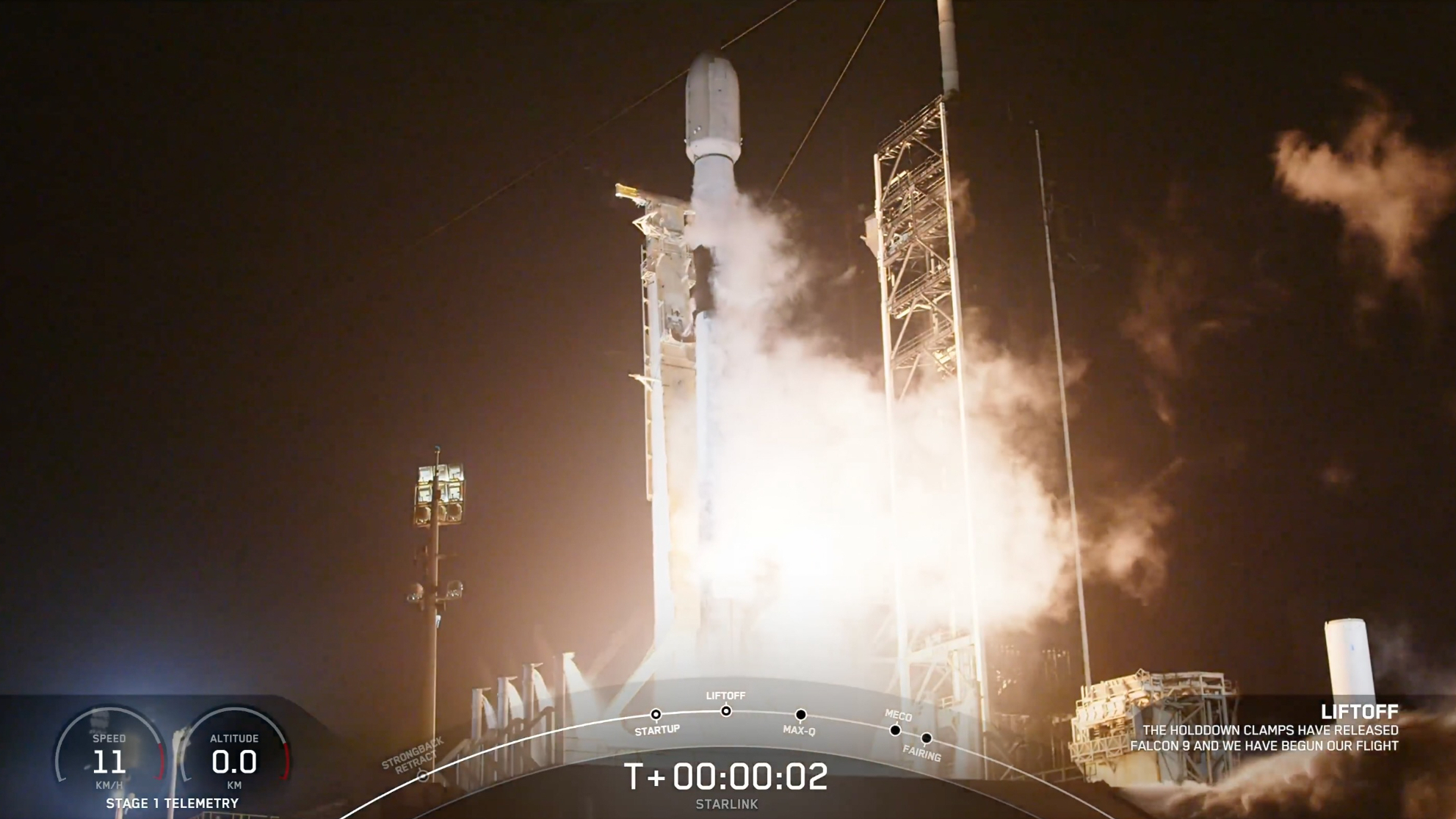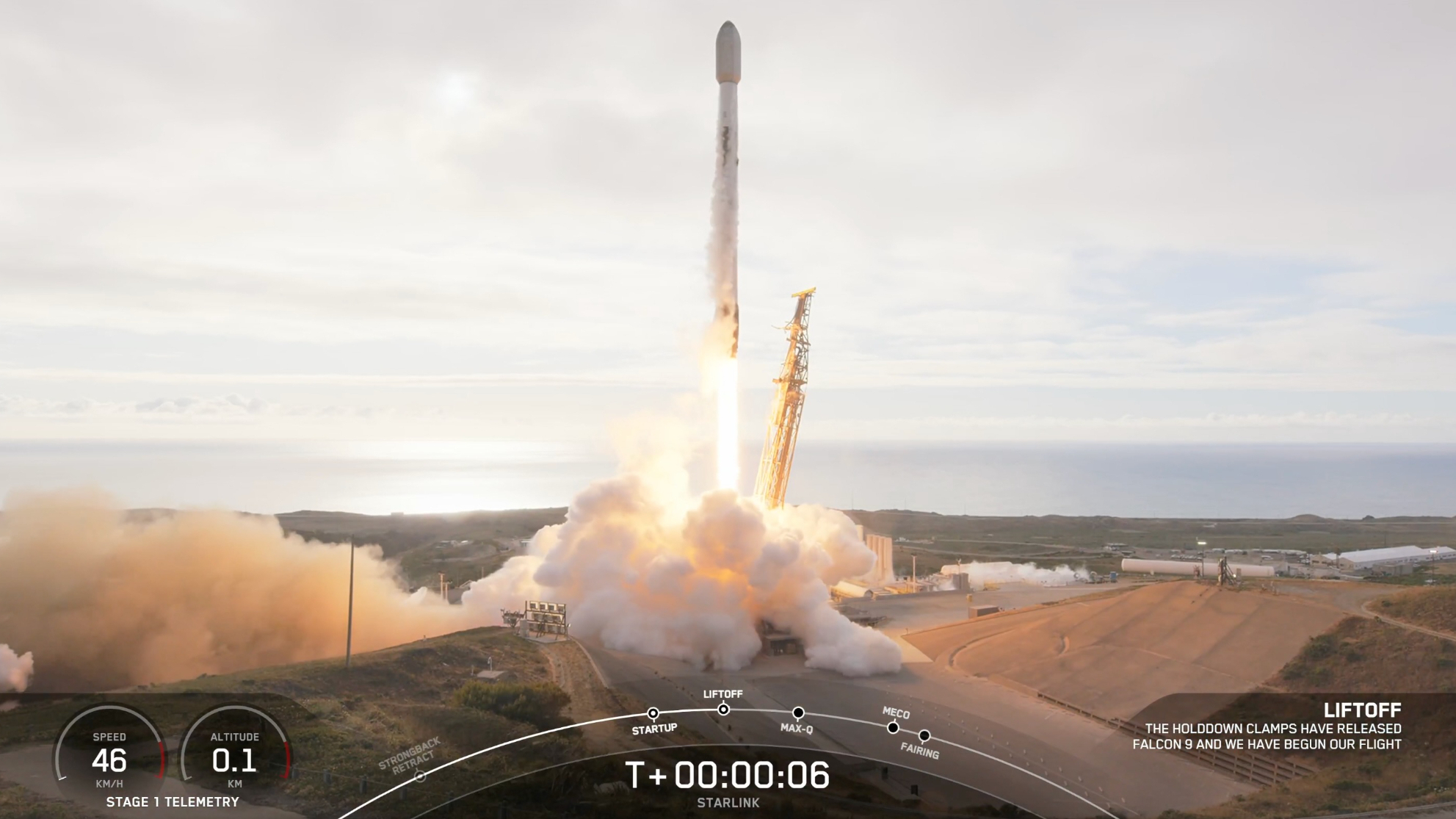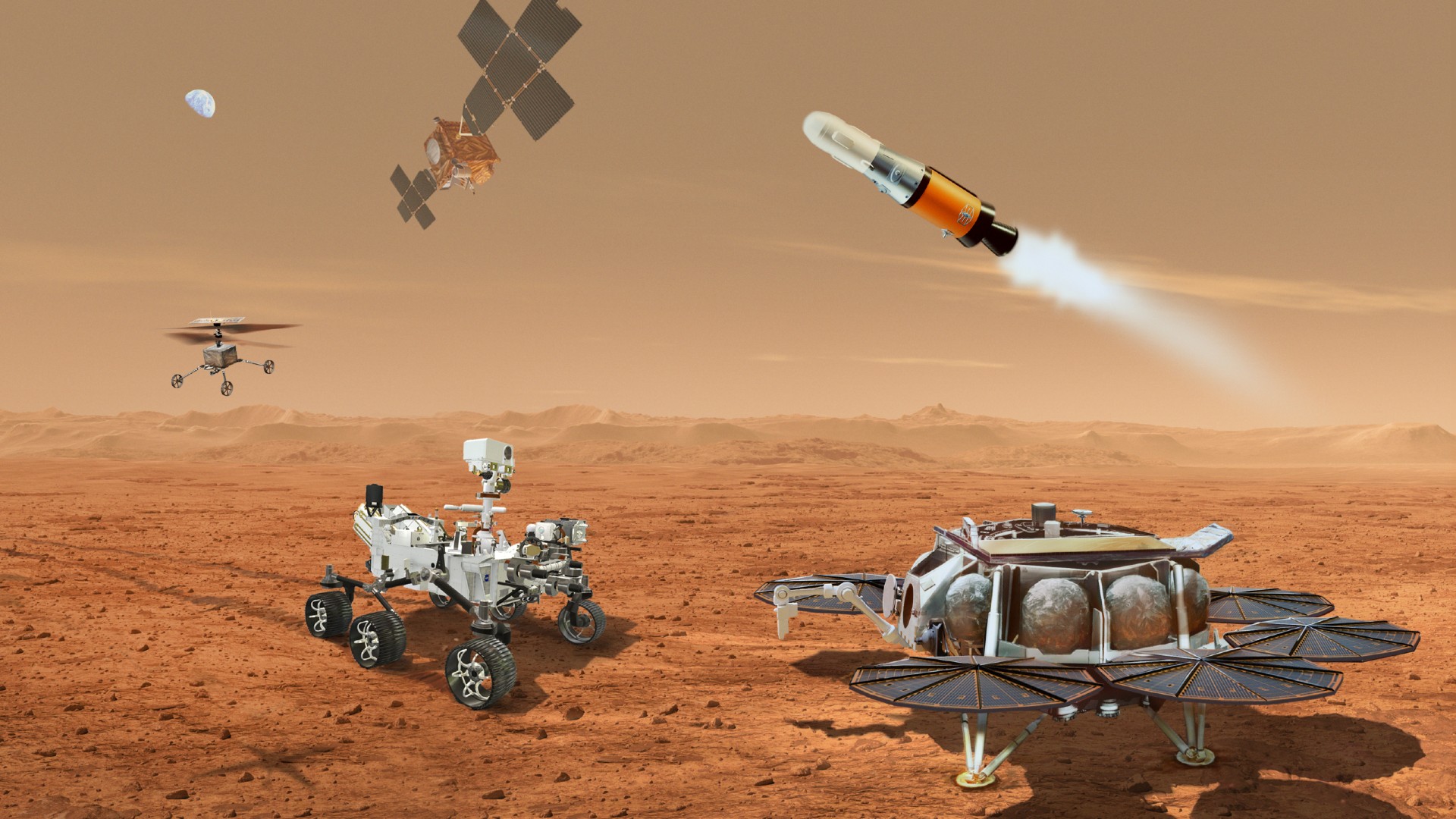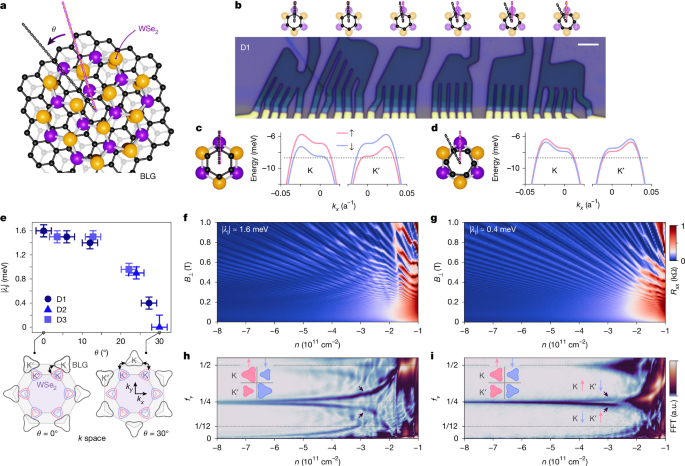The Coming AI Singularity: Should Students Be Worried About Job Security?
The Coming AI Singularity: Should Students Be Worried About Job Security? This article explores the long-term impact of artificial intelligence on employment prospects for students in an evolving global economy.
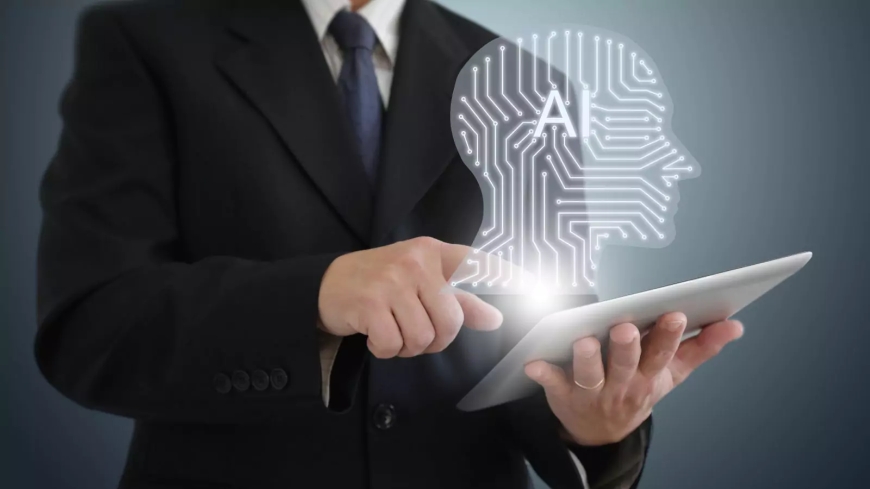
As artificial intelligence (AI) continues to progress at an unprecedented pace, one term frequently discussed is the “AI Singularity.” This concept refers to the hypothetical moment when AI surpasses human intelligence, leading to irreversible and rapid changes in society, technology, and the workforce. With this prospect looming, a critical concern arises: The Coming AI Singularity: Should Students Be Worried About Job Security?
The short answer is both yes and no. While there are legitimate concerns about automation and disruption, there are also opportunities for reinvention, adaptation, and growth—provided students prepare strategically.
The Meaning Behind the Singularity
The idea of the AI Singularity is not merely about technological advancement; it suggests a tipping point in which machines are capable of learning, reasoning, and improving themselves autonomously. At this point, human control over AI development may diminish, and the pace of innovation could exceed our ability to manage its implications.
Even if this exact scenario does not materialize soon, the trend toward increasingly intelligent and autonomous systems is undeniable. As AI systems become more integrated into industries and daily life, the structure of work is already beginning to shift—affecting everything from hiring practices to career requirements.
The Impact on the Nature of Employment
One of the most immediate implications of advancing AI is the transformation of the job market. Automation, powered by intelligent systems, is capable of performing tasks traditionally handled by human labor. This leads to a reconfiguration of workforce demand, particularly for roles that rely on repetitive, predictable functions.
In such a scenario, students face a labor market that no longer values routine proficiency but instead rewards adaptability, creativity, and high-level cognitive skills. The question is not simply whether jobs will exist in the future, but rather what kind of work will remain uniquely human and how students can align their skills with these evolving demands.
The Shift in Skills and Education
The notion of "future-proof" skills becomes central in any discussion of AI's long-term impact. Traditional education systems often focus on content delivery and subject-matter specialization. However, as machines begin to outperform humans in data analysis, pattern recognition, and information processing, educational institutions must evolve accordingly.
Students must begin to cultivate a flexible skill set that includes critical thinking, ethical reasoning, cross-disciplinary knowledge, and digital fluency. The ability to understand and interact with AI, while not necessarily developing it, will become an essential part of professional competence across multiple sectors.
Moreover, lifelong learning will be a prerequisite, not a choice. As industries transform and roles are redefined, the capacity to retrain and acquire new competencies quickly will determine job resilience.
Psychological and Economic Pressures
The psychological impact of a rapidly evolving job market cannot be underestimated. Students entering higher education with the expectation of long-term career stability may find themselves confronting uncertainty. This can lead to anxiety, stress, and a loss of motivation, especially if institutions fail to provide a realistic yet hopeful framework for navigating change.
On a macroeconomic level, the effects of AI-driven displacement will vary. Some regions and economies may adapt swiftly, leveraging AI to increase productivity and innovation. Others may struggle with unemployment, inequality, and a lack of infrastructure for reskilling the workforce. In this context, students’ job security will depend not only on personal skillsets but also on policy decisions, institutional support, and global economic shifts.
The Role of Policy and Institutions
To mitigate the disruptive effects of the AI Singularity on student job security, governments, educational institutions, and corporations must take proactive steps. Policy measures such as investment in digital infrastructure, tax incentives for upskilling programs, and safety nets for displaced workers will be critical.
Academic institutions, in particular, must reevaluate their mission. Rather than preparing students for static professions, they must focus on developing agile thinkers capable of evolving with technological change. Curriculum reform, greater collaboration with industry, and integration of ethical and societal implications of AI are all essential.
Strategic Preparation Over Passive Worry
Returning to the core question—The Coming AI Singularity: Should Students Be Worried About Job Security?—the answer lies in the distinction between passive worry and strategic preparation.
Students who respond to AI advancement by investing in their adaptability, technological literacy, and emotional intelligence are less likely to be displaced and more likely to thrive in the new economy. Those who remain rooted in outdated assumptions about career trajectories will face greater risk.
It is important to understand that job roles will not simply vanish—they will transform. New roles will emerge around AI supervision, ethics, data stewardship, and human-machine collaboration. The students who can identify these shifts early and position themselves accordingly will not only maintain job security but may also help shape the future of work.
Conclusion
While the concept of the AI Singularity raises valid concerns, it should not be viewed solely through the lens of fear. Rather, it should serve as a catalyst for educational reform, personal development, and societal adaptation. Students today are not powerless in the face of technological change. With the right mindset and preparation, they can become leaders in a world increasingly shaped by intelligent machines.
The key lies not in resisting the singularity, but in recognizing that the future of work belongs to those who evolve with it.



















